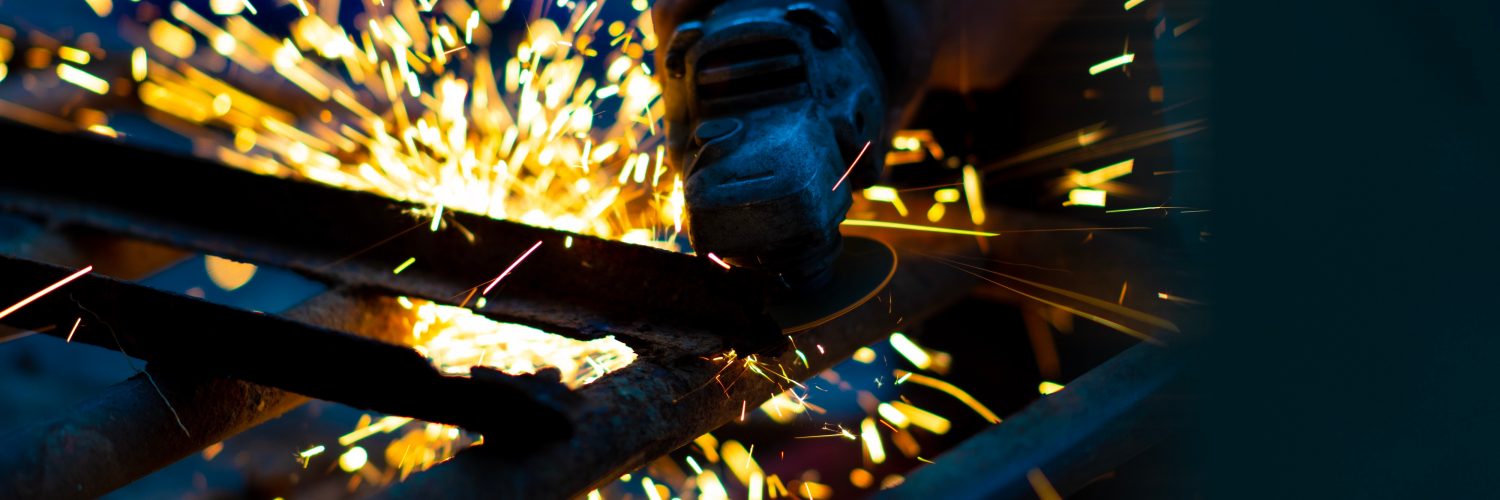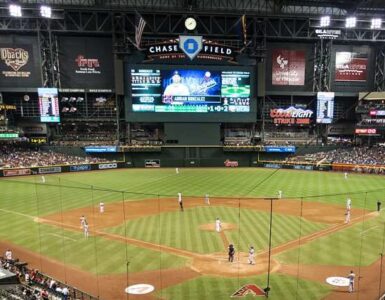Uncertainty has negative impacts in everyday situations: the uncertainty of weather can affect one’s vacation plans; uncertainty about the state of the job market can affect one’s career choices; uncertainty can even affect something as simple as the amount of groceries one buys.
But for businesses, uncertainty has stronger implications – ones that can drastically impact the entirety of their business operations. The seemingly perennial trade war with China has sent the stock market through a rollercoaster of volatility; with new updates on negotiations – or lack thereof – every week, U.S. firms are in a constant state of uncertainty about the global economy.
Because of this, companies in sectors like manufacturing are less inclined to invest in capital. If a company needs to ramp down production because of increased prices on intermediate goods from China, for example, that firm won’t invest in new machinery, technology, or other forms of capital.
In a collaborative paper, Purdue University’s Huseyin Gulen and University of Arizona’s Mihai Ion sought to quantify the effects of political uncertainty. Through a conglomeration of metrics, they discovered that a doubling of political uncertainty leads to an average decrease of 8.7 percent in quarterly investment.
“The analogy I would use is: a couple years ago, whenever Congress couldn’t pass the budget, it was a similar situation in that you didn’t know what the future was going to bring because they couldn’t even pass the budget, so I didn’t know what my customers were going to spend because they didn’t know what they were going to spend,” said Steve Macias, president and CEO of Pivot Manufacturing. “So we didn’t pull the trigger on anything – but once they passed the budget, we have upgraded our equipment and are doing all sorts of new and fun things. But that’s how it is for someone right now who has more of an international market.”
The same study found that during the recession between 2007 and 2009, an increase in policy uncertainty contributed to roughly one-third of the 32 percent decline in capital investment during that period.
“Uncertainty is very, very challenging, and that uncertainty is largely what delayed the recovery from 2009 until basically 2016 or so – because the former administration had a very aggressive regulatory stance and very aggressive prosecutory stance on businesses,” said local economist Alan Maguire. “So businesses became increasingly cautious over that period of time, and that dampened people’s willingness to invest. We should’ve seen a huge jump in business investment right after the 2009 recession, and we saw it come back, but it came back very slowly. It took probably until 2013 to get back to where it was in 2008, roughly, so that was a very slow climb back out that should’ve happened much more rapidly.”
Maguire says some industries can more easily adapt than others. Industries like agriculture are much more flexible in planning, which means that if one crop is tariffed, they can plan on producing another crop that isn’t affected by tariffs, he says.
He also points out that domestic investment is 20 percent higher than it was 10 years ago, when the economy had cratered.
“Many of those companies will shift their markets; if they’re selling widgets in China, they’ll start selling more widgets in Germany or France or Singapore or some other marketplace,” Maguire said. “Tariffs are not a sharp instrument; they’re a blunt instrument, and they work over time.”
On a microeconomic level, however, the uncertainty of the global economy’s health has negative consequences for various industries. Sectors which primarily sell to China have seen capital expenditures dip below those with less exposure since 2017, according to data from Goldman Sachs.
“For anybody who does have their raw materials or products being made in China, you’re going to be really hesitant to pull the trigger on any capital expenditures because you don’t know what this is going to look like – they could come to the table tomorrow and solve everything, or they could keep dumping mud in each other’s coffee for years,” Macias said.
















Add comment